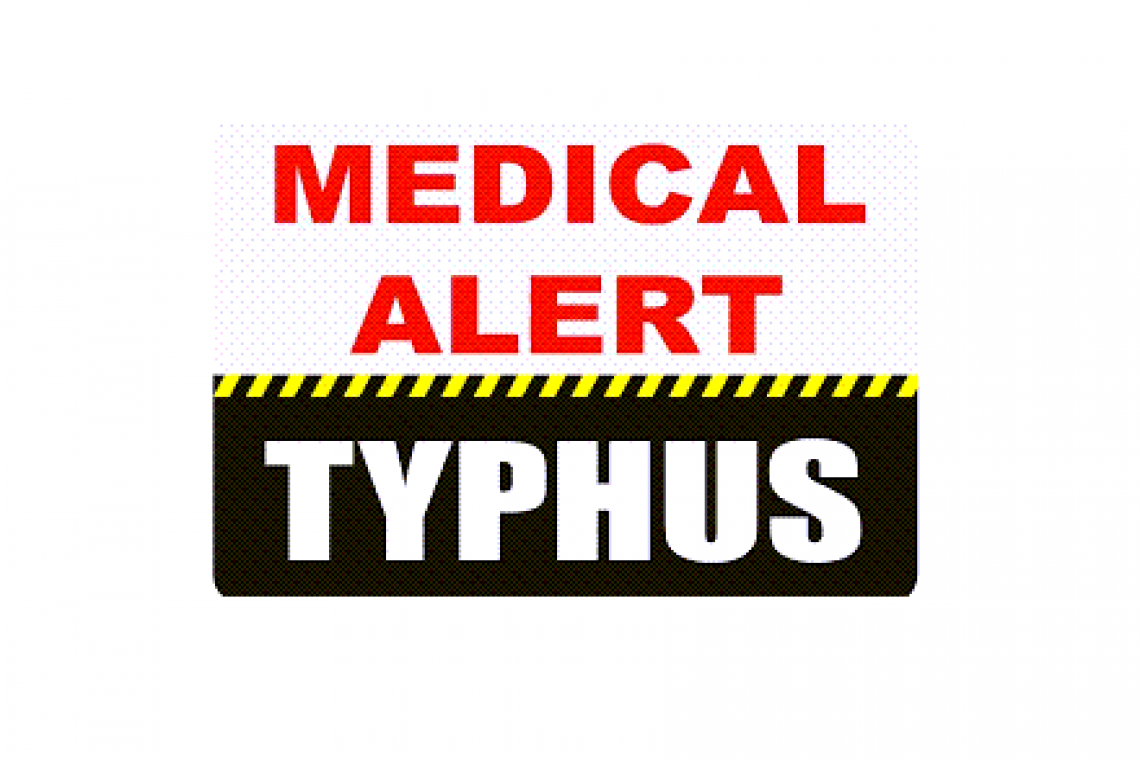Health experts are alarmed at a spike in typhus cases in Los Angeles County, where three recent deaths have been blamed on the disease.
The disease is spread by fleas that have come into contact with animals — cats, possums, dogs and rodents — that are carrying the illness.
In the 1930s and 1940s, typhus was rampant throughout the US, according to historical data.
But by 1987, after decades of rodent control measures, typhus was so rare in the US that it was removed from the list of diseases that doctors must report to health officials.
Cases of typhus, however, began creeping up after 2010, and last year there were 171 cases in Los Angeles County alone.
“These three deaths are a wake-up call to start thinking about this disease and the severe manifestations and the effect on our communities,” Dr. Umme-Aiman Halai, a medical epidemiologist at the Los Angeles County Department of Public Health, told CNN.
Other cases of typhus reported in the US have occurred in Texas and Hawaii. Worldwide, the disease is found in Southeast Asia, Africa, Central and South America, southern Europe and the Middle East.
Halai, like other doctors, is concerned about a “big surge” in typhus cases, and that many doctors today might not even recognize the symptoms of this once-rare disease.
Symptoms can include fever, chills, body aches, headache, muscle pain, loss of appetite, nausea or vomiting and a rash on the chest, back, arms, or legs.
However, a “majority of people are asymptomatic or have very mild disease. They might just get a headache and not even know that this is what they had,” Dr. Jemma Alarcón, an epidemic intelligence service officer with the Centers for Disease Control and Prevention, told US News.
“I am concerned that there could be cases where the patient does go to see the doctor, but the doctor might not know to test for this disease,” Alarcón added.
There’s no vaccine for typhus, but early treatment with the antibiotic doxycycline can cure most cases. About a third of infected people will need intensive care for seizures, meningitis or septic shock.
To avoid any treatment delays, “healthcare providers should consider flea-borne typhus in any patient with fever, headache, and rash, particularly if the patient lives in or recently traveled to an area with endemic disease or had exposure to a reservoir animal (e.g., rodents, opossums, or feral cats),” according to a report from the CDC.
Experts claim the recent rise in typhus cases could be due to the prevalence of the cat flea, which affects both pets and free-roaming animals, or because of an increase in rodent populations in urban and suburban areas.


